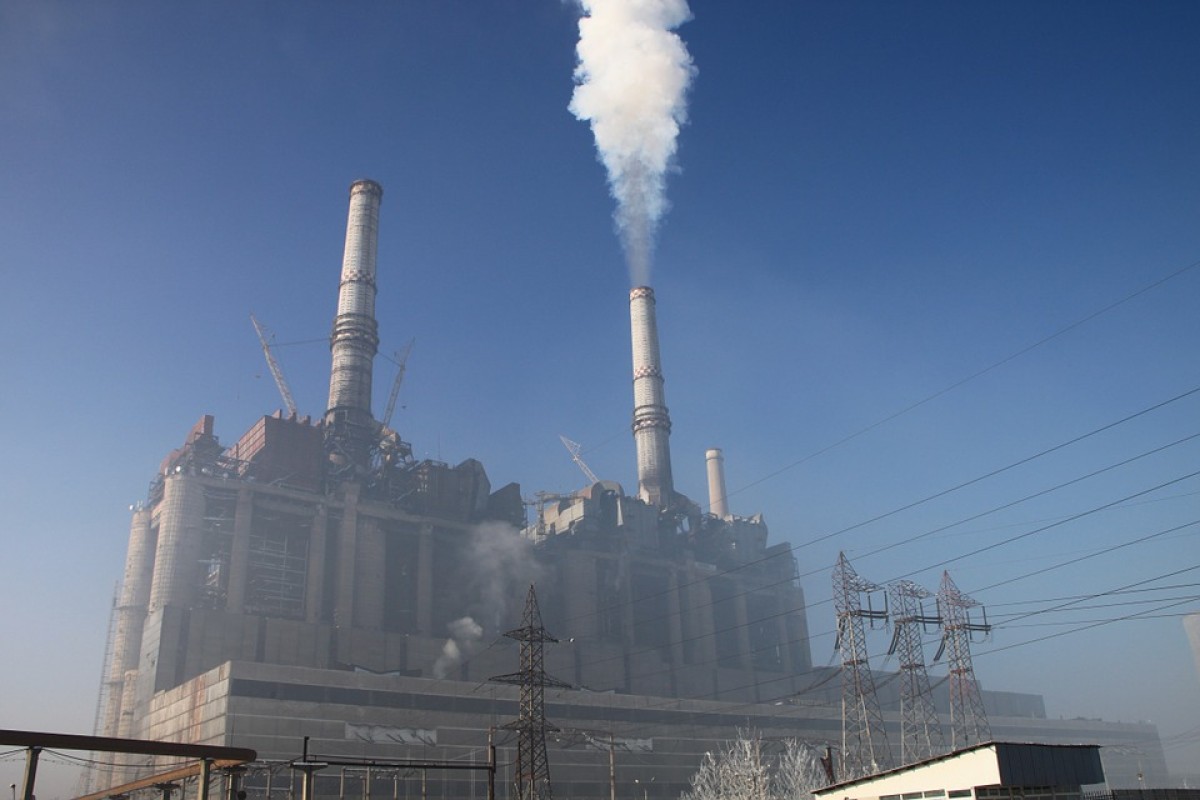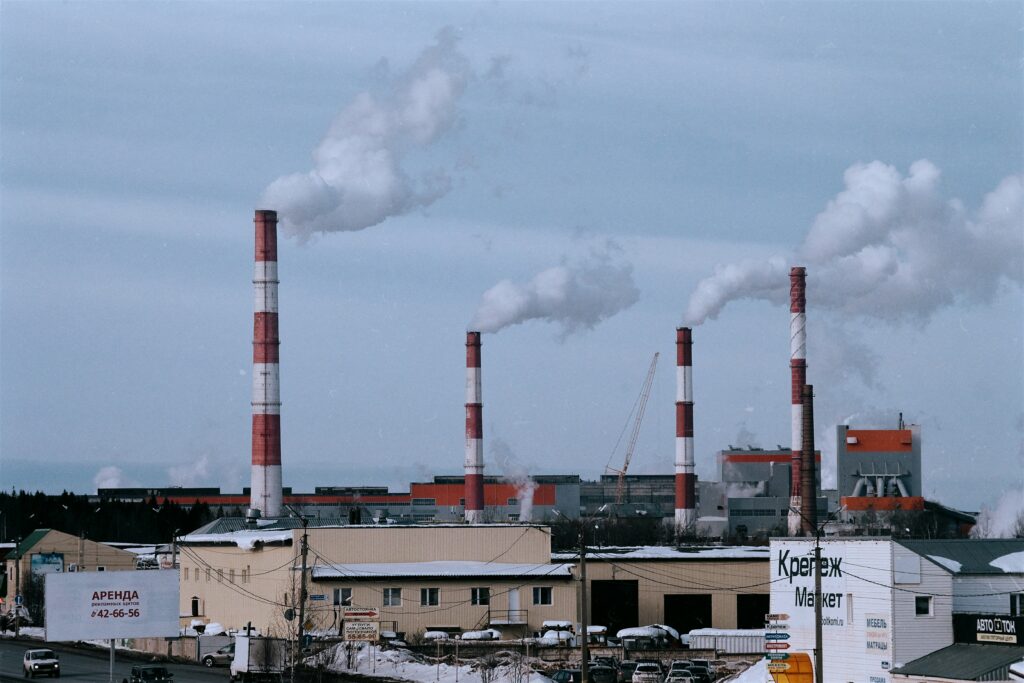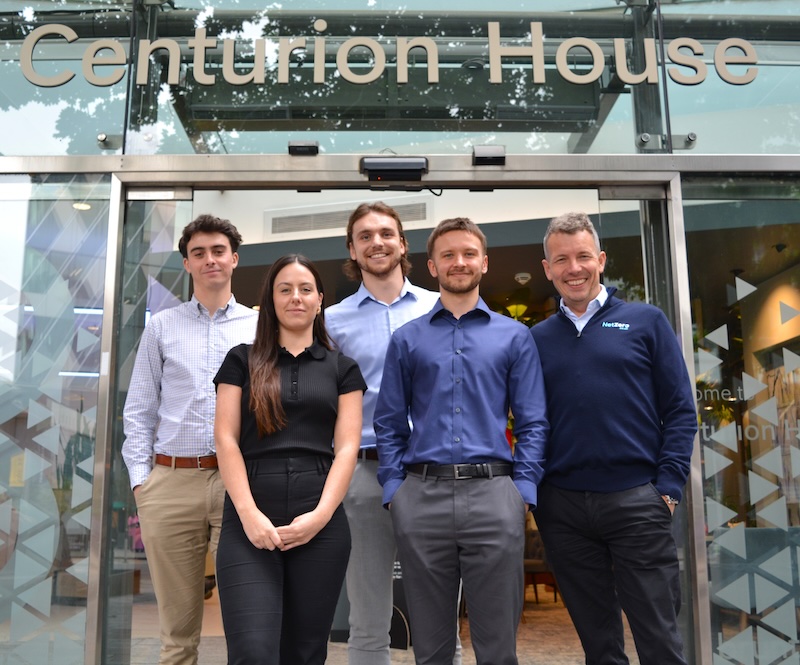The last gasp deal on climate change, which was struck in the 11th hour came about as the watered down wording on coal power was agreed by delegates.
A commitment to ‘phase down’ coal, rather than ‘phase out’, will perhaps be the sorry legacy for a summit which was almost doomed from the start thanks to the non-attendance of two of the world’s biggest polluters, China and Russia.
The Cop26 President, Alok Sharma, was in tears as the Glasgow Climate Pact was announced, though whether they were tears of joy, relief or sadness is unknown.
Sharma said that he was ‘deeply sorry’ for how events had unfolded, and with very few promises made, it seems hard to understand how the world’s biggest nations and carbon emitters can now find a path to limiting warming to 1.5C.
Pledges prior to COP26 saw greenhouse gas emissions reduced to 52.4 gigatonnes by 2030, the new Climate Pact only reduced that 41.9 gigatonnes, in reality the planet needs to be at 26.6 gigatonnes – an astonishing gap.
Despite the worries and concerns from environmental campaigners, British Prime Minister Boris Johnson was in buoyant mood.
“We can lobby, we can cajole, we can encourage, but we cannot force sovereign nations to do what they do not wish to do,” he said. “For all our disagreements, the world is undeniably heading in the right direction. [The] tipping point has been reached in people’s attitudes [with leaders] galvanised and propelled by their electorates. The fatal mistake now would be to think that we in any way cracked this thing.”
Alok Sharma pointed the finger directly at China and India for the disappointment, saying: “We are on the way to consigning coal to history. This is an agreement we can build on. But in the case of China and India, they will have to explain to climate-vulnerable countries why they did what they did.”
But Sir Kier Starmer, Labour leader was more open with his opinion on the deal. “Glasgow has been a missed opportunity – a summit too often of climate delay not climate delivery.”




